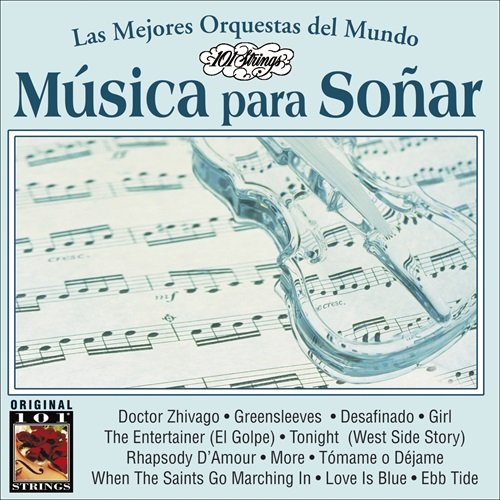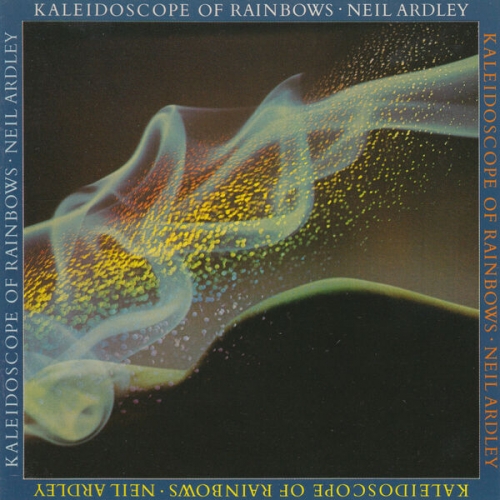Quartet Diminished - Deerand (2024) [Hi-Res]
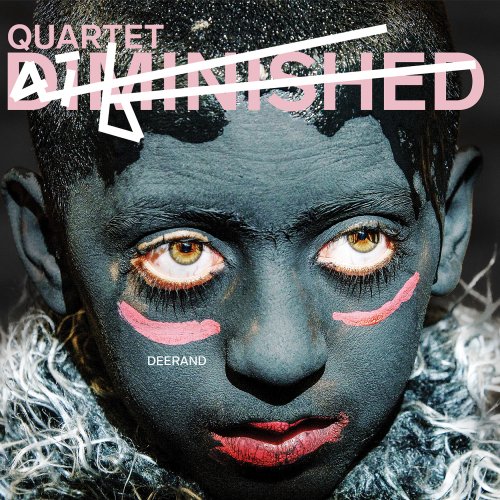
Artist: Quartet Diminished
Title: Deerand
Year Of Release: 2024
Label: Quartet Diminished
Genre: Avant-garde, Fusion Jazz, Progressive Rock
Quality: FLAC (tracks) 24/48, 24/88, FLAC (tracks), 320 kbps
Total Time: 56:22
Total Size: 832 / 307 / 133 MB
WebSite: Album Preview
Tracklist:Title: Deerand
Year Of Release: 2024
Label: Quartet Diminished
Genre: Avant-garde, Fusion Jazz, Progressive Rock
Quality: FLAC (tracks) 24/48, 24/88, FLAC (tracks), 320 kbps
Total Time: 56:22
Total Size: 832 / 307 / 133 MB
WebSite: Album Preview
01. Quartet Diminished - Deerand (25:41)
02. Quartet Diminished - Tehran II (14:32)
03. Quartet Diminished - Mirror Side (6:37)
04. Quartet Diminished - Allegro per il Ré (9:32)
Quartet Diminished was established in Iran in 2013 by guitarist Ehsan Sadigh. This is their fourth album, following Station Three (Hermes Records, 2021). Their music is stylistically diverse, drawing freely from contemporary jazz, art rock, and avant-garde music. The membership has been relatively stable. Sadigh (electric guitar) has had bandmates Soheil Peyghambar (woodwinds), Mazyar Younessi (piano, voice), and Rouzbeh Fadavi (drums) on most of the group’s albums.
The instrumentation suggests many possibilities, including chamber jazz, Rock In Opposition-style art rock, and free improvisation, and the compositions have often been credited to Sadigh. But here the music is credited to the entire band, just as it was on the previous album. The practice of adding players from outside the quartet to the sessions was also repeated: the personnel includes bass guitarist/Chapman stick bassist Tony Levin, and touch guitarist Markus Reuter–who are also given co-composer credits. It makes for a bigger sound–the quartet is effectively a sextet most of the time–and clearly, the situation was an inspiration for all of the players. Previous albums have all been given Station numbers, but here the title Deerand comes from a Persian musical term that means the duration of an instrumentʼs tones.
The title tune is an extended four-part suite that showcases all of the aspects of the group’s music. Beginning with a rhapsodic solo piano joined by long lines from guitar and bass clarinet, it moves into a dark theme before taking off into fast repeated rhythms. The full band joins in, and a ripping guitar solo erupts, including some Persian flavor. Part III includes more driving rhythms and features the soprano saxophone, and the suite concludes with a gentle coda. “Tehran II” (the first “Tehran” appeared on Station One) goes into more abstract territory and stays rubato all the way through. “Mirrorside” serves as a kind of ballad. “Allegro Per il Re” closes out the album with more minimalist repetition, but with continuously varied instrumentation, as well as Persian-inflected melodies—an exciting end to an album that is a fine addition to the band’s already impressive discography.
The instrumentation suggests many possibilities, including chamber jazz, Rock In Opposition-style art rock, and free improvisation, and the compositions have often been credited to Sadigh. But here the music is credited to the entire band, just as it was on the previous album. The practice of adding players from outside the quartet to the sessions was also repeated: the personnel includes bass guitarist/Chapman stick bassist Tony Levin, and touch guitarist Markus Reuter–who are also given co-composer credits. It makes for a bigger sound–the quartet is effectively a sextet most of the time–and clearly, the situation was an inspiration for all of the players. Previous albums have all been given Station numbers, but here the title Deerand comes from a Persian musical term that means the duration of an instrumentʼs tones.
The title tune is an extended four-part suite that showcases all of the aspects of the group’s music. Beginning with a rhapsodic solo piano joined by long lines from guitar and bass clarinet, it moves into a dark theme before taking off into fast repeated rhythms. The full band joins in, and a ripping guitar solo erupts, including some Persian flavor. Part III includes more driving rhythms and features the soprano saxophone, and the suite concludes with a gentle coda. “Tehran II” (the first “Tehran” appeared on Station One) goes into more abstract territory and stays rubato all the way through. “Mirrorside” serves as a kind of ballad. “Allegro Per il Re” closes out the album with more minimalist repetition, but with continuously varied instrumentation, as well as Persian-inflected melodies—an exciting end to an album that is a fine addition to the band’s already impressive discography.
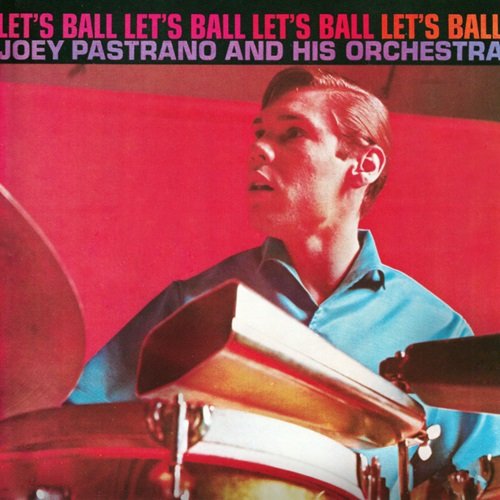
![Tyshawn Sorey - Monochromatic Light (Afterlife) (2026) [Hi-Res] Tyshawn Sorey - Monochromatic Light (Afterlife) (2026) [Hi-Res]](https://img.israbox.com/img/2026-02/09/o5oae6dg6j9xnkhwodjfrvr5v.jpg)

![Angelo Moore - The Medicine Cabinet (2026) [Hi-Res] Angelo Moore - The Medicine Cabinet (2026) [Hi-Res]](https://www.dibpic.com/uploads/posts/2026-02/1770633721_61lemna6xtl.jpg)
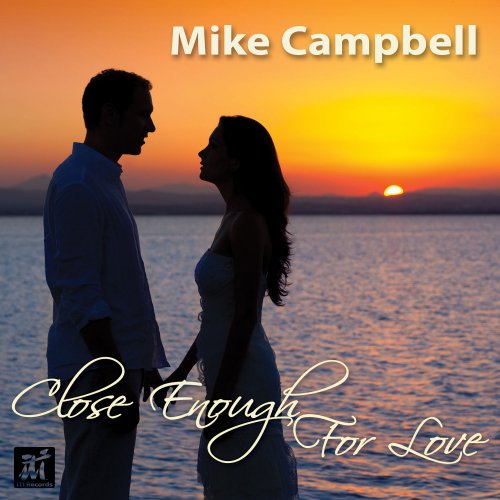
![Gal Golob - Gal Golob Trio Live at Jazz Cerkno (Live) (2025) [Hi-Res] Gal Golob - Gal Golob Trio Live at Jazz Cerkno (Live) (2025) [Hi-Res]](https://img.israbox.com/img/2026-02/09/0sr1cx835g04x8g6nfpgvtips.jpg)
